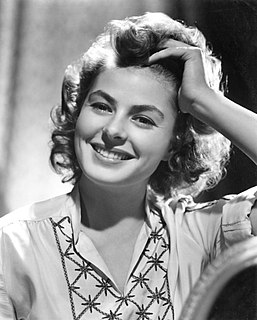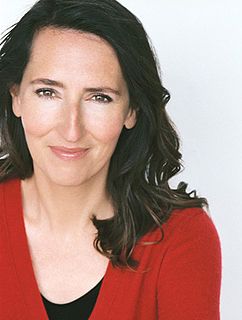A Quote by Rita Mae Brown
Related Quotes
Each in the most hidden sack kept the lost jewels of memory, intense love, secret nights and permanent kisses, the fragment of public or private happiness. A few, the wolves, collected thighs, other men loved the dawn scratching mountain ranges or ice floes, locomotives, numbers. For me happiness was to share singing, praising, cursing, crying with a thousand eyes. I ask forgiveness for my bad ways: my life had no use on earth.
We no longer see the evolution of the nervous system, but that of a certain individual. The role of the memory is very important but... not as important as we believe. Most of the important things that we do don't depend on memory. To hear, to see, to touch, to feel happiness and pain; these are functions which are independent of memory; it is an a priori thing. Thus, for me, what memory does is to modify that a priori thing, and this it does in a very profound way.
Memory is a tenuous thing. . . . flickering glimpses, blue and white, like ancient, decomposing 16mm film. Happiness escapes me there, where faces are vague and yesterday seems to come tied up in ribbons of pain. Happiness? I look for it intead in today, where memory is something I can still touch, still rely on. I find it in the smiles of new friends, the hope blossoming inside. My happiest memories have no place in the past; they are those I have yet to create.
We’ve all heard of Dr. Elisabeth Kubler-Ross’ five stages of grief: denial, anger, bargaining, depression, and acceptance. In contrast, I realized, happiness has four stages. To eke out the most happiness from an experience we must: anticipate it, savor it as it unfolds, express happiness, and recall a happy memory.




































